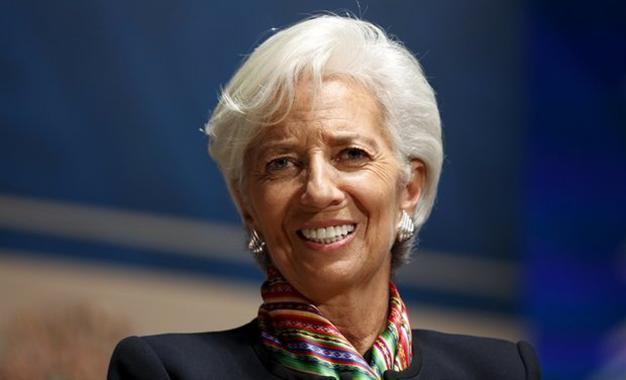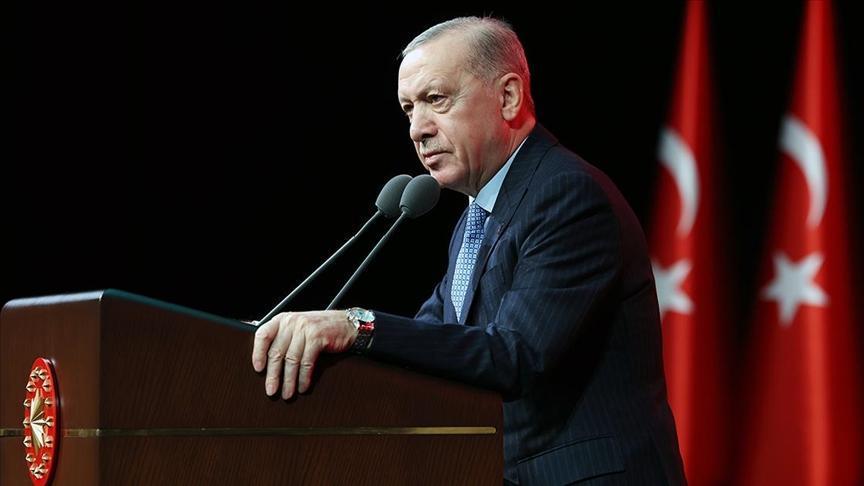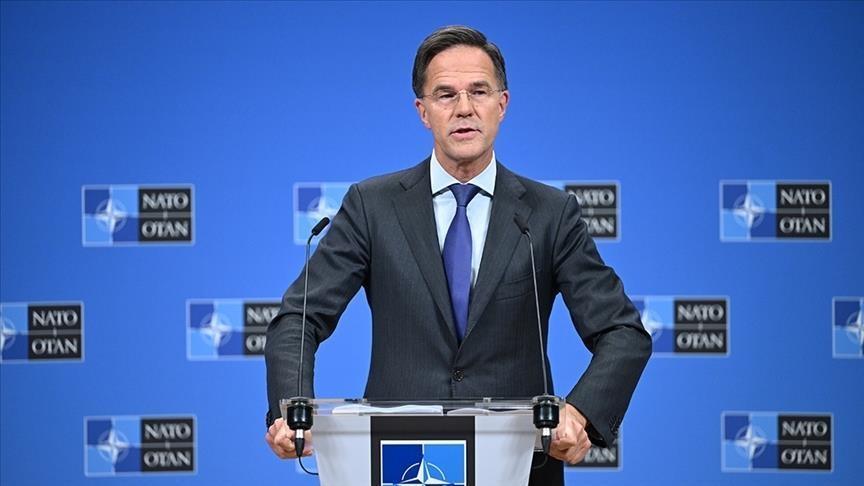IMF told that amid ‘new mediocre’ no room for mistakes by central banks
LIMA - Reuters

REUTERS photo
Central banks have little room for error in a low-growth world in which over-leveraged and commodity-dependent emerging economies and a slowing China are major risks, top international financiers told the International Monetary Fund’s meeting.Despite $7 trillion in quantitative easing from banks in industrial nations since the global financial crisis, the world is stuck in a “new mediocre” growth pattern, IMF chief Christine Lagarde said on Oct. 8.
In a bid to shore up finances and punish companies that arbitrage tax regimes, governments pushed ahead with plans to improve tax collection.
The IMF meeting comes as the Bank of Japan looks poised to extend its money printing program, known as quantitative easing, as it stares down the barrel of a fifth year of recession.
The European Central Bank is also expected to extend quantitative easing, while the two major central banks closest to raising rates, the U.S. Federal Reserve and the Bank of England, are holding their fire.
“It is not the kind of economy in which you can make a mistake,” Bank of England Governor Mark Carney told the meeting.
For both the Fed and the Bank of England, inflation targets are far out of reach, although both central banks insist they are ready to hike rates. The Fed’s chair, Janet Yellen, has said the U.S. Federal Reserve (Fed) is on track to raise rates this year.
Markets, however, are not pricing in hikes until next year for both.
The IMF has urged the Fed and the Japanese and European central banks to wait for more signs of recovery before tightening. Lagarde on Oct. 8 repeated her plea to Yellen to stay her hand.
Emerging markets under scope
Many emerging markets, once the world’s fastest-growing economies which had been expected to shape a new world economic order, are now in turmoil. Brazil, Latin America’s largest economy, is facing a leadership crisis and is in recession. Russia is engaged in conflicts in Ukraine, and Syria and has been hammered by low oil prices.
China’s growth is slowing, although Lagarde was optimistic that the slowdown was manageable.
While the world’s central banks’ money-printing programs have staunched losses in the financial sector, they have failed to reach their goal of boosting global credit.
With widening current account balances and excessive lending to local companies, the IMF estimates that emerging market companies are overleveraged by the equivalent of 15 percent of their economic output, raising the risk of a sudden collapse in credit and of banking crises.
The IMF cut its estimate for growth in emerging economies for a fifth successive year this week, citing the collapse of the “commodities supercycle” in which buoyant demand for raw materials had boosted prices.
From a record of $145 per barrel in 2008, oil prices have fallen to around $50, driving holes in the budgets of major producers like Russia and Angola, among emerging economies.
Brazilian Finance Minister Joaquim Levy called on Oct. 8 for cash-rich pension funds and institutions to invest in infrastructure projects, although few seem willing to do so as returns are uncertain in a low-demand world with the risk of financial contagion.
“There are plenty of savings in the world,” he told the IMF meeting.
The G-20 group of leading emerging and developed economies is also pushing at the IMF meeting to move ahead with measures to end a situation that allows multi-national companies such as Apple Inc and Vodafone Group Plc to pay almost no tax on their profits in many jurisdictions.
The Organization for Economic Cooperation and Development estimates the amount of money moved by companies into tax havens was $100 billion to $240 billion annually, suggesting tens of billions of dollars in lost tax revenue.
That would be a tiny amount relative to the size of budget deficits across the world.
U.S. Treasury Secretary Jack Lew urged countries to cooperate on higher standards.
“The question here is on base erosion in taxes. Will countries agree to have a high standard or will we revert to a system where there is a race to the bottom?” Lew said.
















